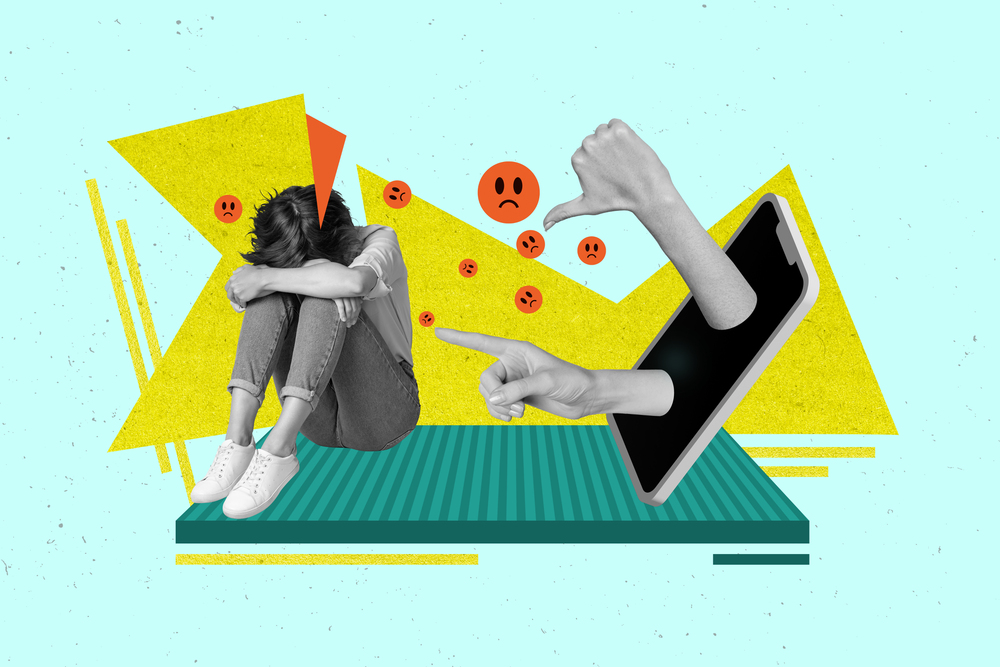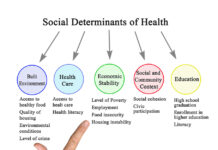While there is no clear consensus on its specific impacts on the population at large, research suggests that hate speech, both online and offline, changes the brains of those hated and leads to offline hate crimes.
A recent meta-analysis and systematic review on exposure to hate speech, led by Pablo Madriaza at the University of Quebec, synthesized existing empirical evidence on how exposure to media hate affects both individuals and groups. The study confirmed that exposure to hate in online and traditional media has a significant negative impact on both individuals and groups.
Collating 55 studies analyzing 101 effect sizes, the researchers performed their meta-analysis along four dimensions related to impacts of exposure to hate: Attitudinal changes, Intergroup dynamics, Interpersonal behaviors, and Psychological effects. Importantly, the authors found that
“Exposure to hate appears to impact personal emotional reactions (or symptoms) and attitude changes toward others, independently from the emotional and cognitive reactions to the hate content itself.”
This becomes especially troubling at a collective level.
“On the societal scale,” the authors explain, “exposure to hate can foster social polarization by fostering us vs them frameworks, hostility between different social groups, as well as social fear.”
This study invites a deeper examination of how social and political environments shape psychological distress, not as isolated intrapsychic phenomena, but as responses to lived conditions of harm, exclusion, and symbolic violence. By documenting how exposure to hate reshapes emotions, perceptions, and intergroup relations, the research challenges models that locate dysfunction solely within the individual. Instead, it points to the broader ecosystems—media, ideology, and social norms—that generate suffering and perpetuate division.















